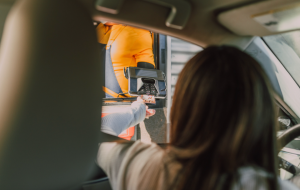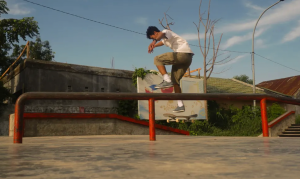You’re cruising down the highway with your buddies. The music is bumping, the cooler is packed, and you’re ready for some fireworks. Out of nowhere, a truck rear-ends you. You spin out and flip over. The drinks from the cooler are flying, and you’ve become part of the deadliest driving day in America. If you’re thinking about driving this July 4, you might want to consider it carefully. Independence Day has been ranked as one of the most fatal days to drive in the U.S. for at least the last decade.
Last year the National Safety Council approximated about 466 deaths and 53,600 serious injuries caused by traffic accidents over the course of this weekend, which is the highest it’s been since 2008. So why is it so dangerous? For one, experts anticipate this Fourth of July weekend to have a record number of drivers on the road (about 43 million according to AAA). More drivers mean more traffic, which means more accidents. It’s simple.
There’s also drunk driving, which accounts for 47 percent of all July 4 traffic-related deaths, according to the Insurance Institute for Highway Safety. The Fourth has the highest incidents of alcohol-related accidents (second to Jan. 1). Teenagers also contribute to these stats. School’s out for summer, and teens are on the road and drinking at younger ages. According to the Centers for Disease Control and Prevention, 10 percent of all high school students have driven after drinking alcohol and 22 percent rode with a driver who had been drinking. It’s no wonder AAA has also named July 4 one of the “100 Deadliest Days” for teens.
Holiday driving often means longer distances in the car, which can increase chances for drowsy driving. According to the National Sleep Foundation, fatigued drivers account for 6,400 deaths each year. Much like drunk drivers, people who drive while sleepy have slower reaction times and worse vision. Looks like the old cliche “stay alert, stay alive” actually holds water.
Between chatting with passengers, texting while driving, and looking at the other accidents on the road, more distraction and a lack of safety are also huge factors in crashes. “If everyone buckled up, obeyed traffic laws, and every motorcyclist wore a helmet on July 4, every day on the road would be a lot safer,” said Russ Radar, IIHSHLDI senior vice president of communications.
So if you have to hit the highways tomorrow, stay safe. We’d really like you to see another July 5.







